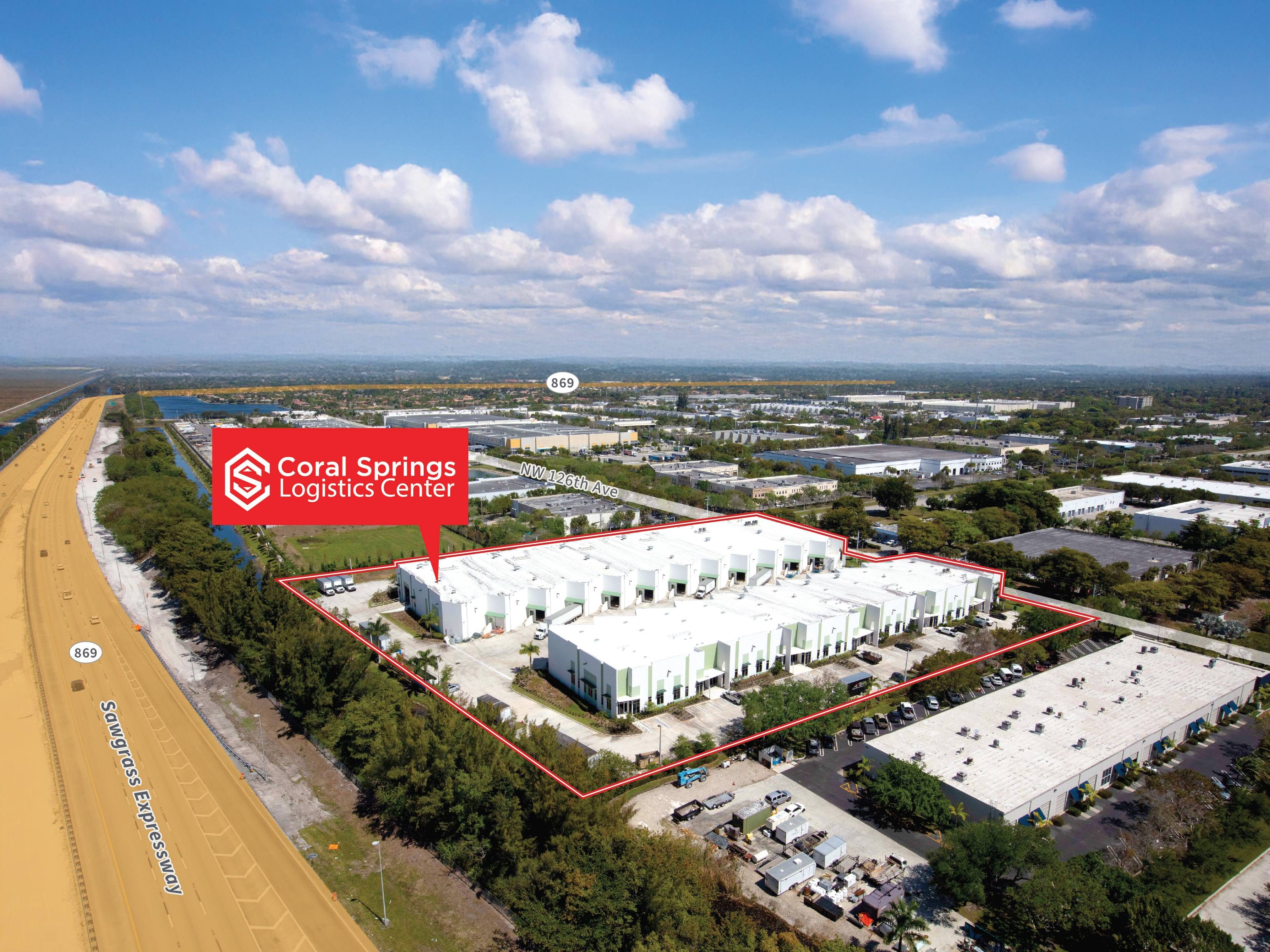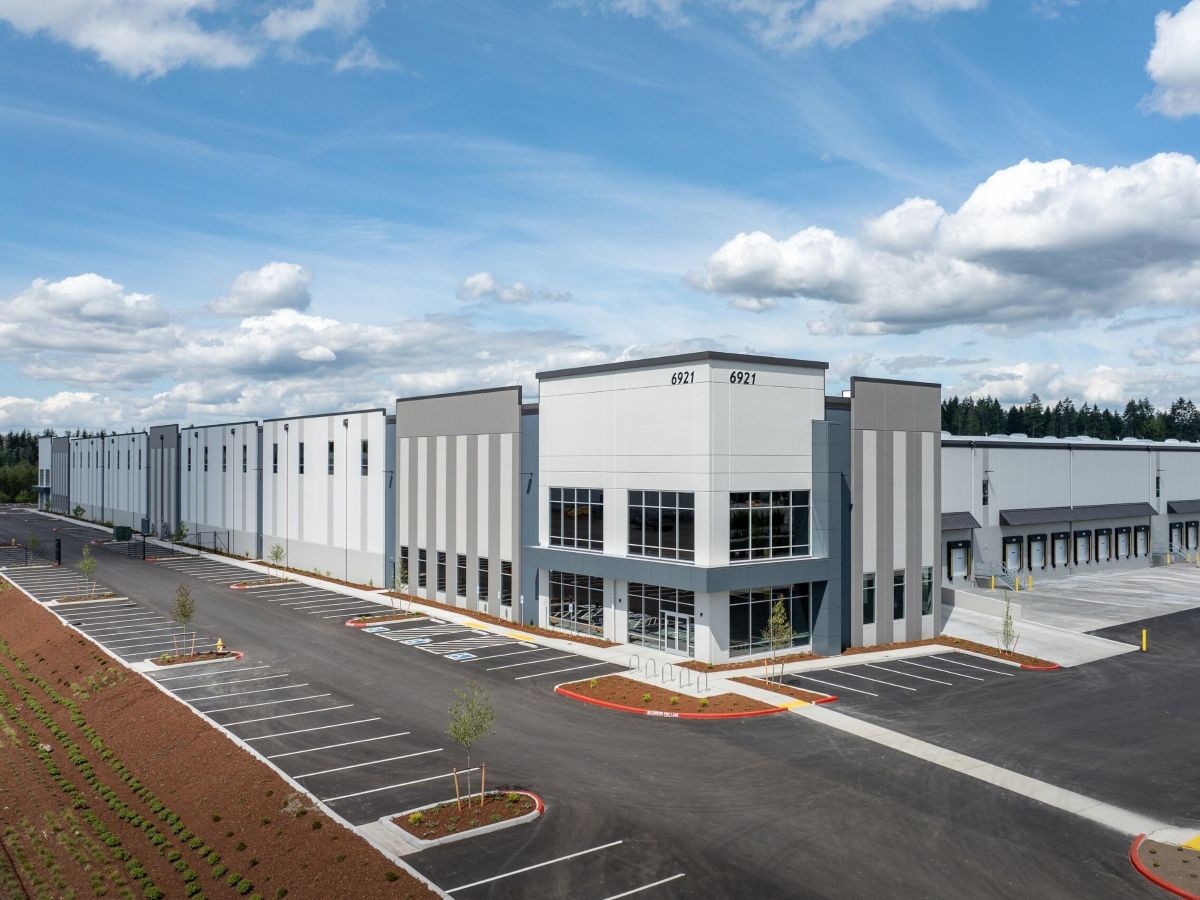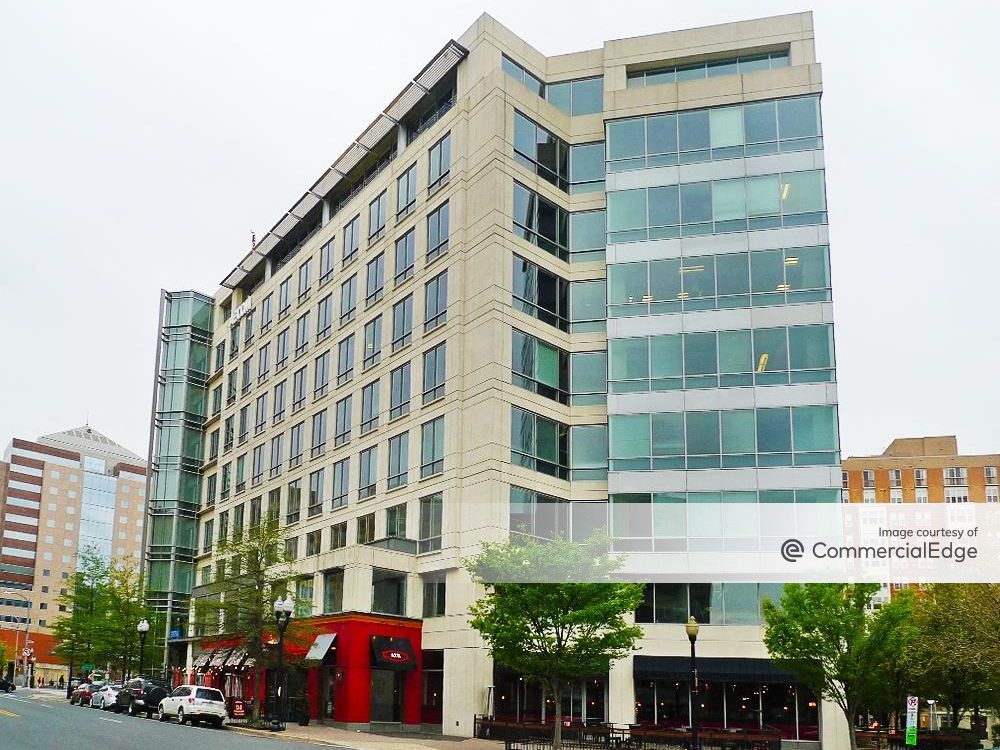The Effect of COVID-19 on Real Estate Lending
The expectation among many is that lenders are actively looking to make new loans or refinance existing ones, but that is not the case, according to Stephen Sobin of Select Commercial Funding.
The COVID-19 pandemic has had a drastic effect on every facet of our lives. Social distancing, working from home, closures of retail stores and offices, and shelter-in-place regulations have resulted in major disruptions in our lives. Even as we start reopening our economy, we are bracing for a second wave of the outbreak. No one knows the future, and every industry is trying to adapt to the new realities of doing business. The commercial real estate industry is no exception. What is going on in our industry? What can we expect in the future?
Our initial experiences have shown a disconnect between customer expectations and the reality of today’s market. Many investors who are purchasing or refinancing investment real estate see record-low interest rates and attempts by individual states and the federal government to get more money into people’s hands through enhanced unemployment benefits, payment protection loans through the U.S. Small Business Administration, and other grants and incentives.
The expectation among many in the commercial real estate field is that commercial mortgage lenders are actively looking to make new loans, or refinance existing loans, at very low rates to match. This is just not the case. The spread between U.S. Treasury rates and the going rates in the commercial market has increased due to uncertainty in the market and fears of an extended recession. We are seeing lenders raise their rates, or opt to sit on the sidelines, until the COVID-19 pandemic has passed. Accordingly, commercial loan volume is down drastically, and those loans being made today are being closed with much tougher underwriting requirements. Below is a roundup of some of the changes to come by property and loan type.
Multifamily
The two largest purchasers of apartment loans, Fannie Mae and Freddie Mac, have severely cut back on their lending volume by instituting many changes to make their underwriting more conservative. They have cut back their loan-to-value ratios in many markets that are now on their watchlists. They have discounted commercial or retail income on mixed-use properties due to store closures. And, most importantly, they have instituted reserve requirements that require borrowers to put money in escrow for 9 to 12 months to cover future payments.
In the past, Fannie Mae and Freddie Mac have financed up to 80 percent of a purchase price without reserves. That allowed an apartment buyer to acquire an asset with as little as 20 percent down. Now that down payments have increased and borrowers need to post reserves, the cost to acquire a property has increased. This has caused a major slowdown in the number of apartment sales nationwide. As a result of lower sales volumes, rents have started to decrease.
In New York City, for example, residential rents have dropped to their lowest levels in a decade in all boroughs. As brokers are unable to show apartments due to shelter-in-place rules, the number of listings has increased and rents have correspondingly dropped. The bright spot here is that investors who have cash, and can ride out the storm, might be in a good position to acquire assets at a better price. Before COVID-19, many markets were getting overpriced. Now some of these markets are seeing a reduction in values.
Retail
The retail sector has been one of the hardest-hit sectors in the commercial real estate market. Most retail establishments were closed for significant periods of time, and some have only recently started to reopen. Countless retail establishments might never reopen and many more will suffer for months to come. Large numbers of retail tenants have been unable to pay rent and have asked landlords for lease reductions and restructurings. Landlords are attempting to keep good tenants by forgiving and delaying rents. None of this is favorable when lenders are asked to finance retail purchases or refinances.
Lenders are looking at current rent-rolls carefully and looking to see which tenants are open for business, which are paying rent, and which are being offered concessions. Underwriters are very cautious of approving these loans, as cash flow is often very hard to determine.
As an example, Starbucks—often considered one of the best corporate tenants—has announced the closing of 400 company-owned stores in order to focus on to-go orders. The company is expected to lose $3.2 billion in revenue in the quarter ending June 30. Retail centers containing restaurants are also very hard to underwrite, as restaurants are cutting back capacity and volume in order to promote social distancing. Restaurant trade associations are bracing for the highest closure rate in history, as many restaurants are not expected to be able to ride out this storm.
Office
The coronavirus pandemic has caused major disruptions in the way people work, and companies are reevaluating their future needs for traditional office space. Short-term leasing activity has decreased as more and more employees are working from home. Many companies have announced that they will maintain their work-at-home policies for the time being, lessening demand for office space. Many tenants that never had remote-work policies are now instituting them to counter the COVID-19 pandemic.
For instance, telehealth is now something that many medical practices are beginning to develop. Doctors and other medical providers are now providing telehealth services, decreasing the need for office visits and office workers. WeWork has announced plans to lay off hundreds of workers, and many experts suggest that the company might not survive. Although the company was experiencing financial issues prior to COVID-19, the pandemic and the resultant work-at-home environment might be too much for the company to withstand. Other flexible workspace tenants in the market are also experiencing struggles in this market.
Hospitality
The hospitality sector has been hit the hardest by the pandemic. When COVID-19 hit, the entire hospitality industry changed. The whole leisure and travel sector of the economy was hit harder than any other. Most hotels shut down and temporarily laid off or furloughed their employees. Although the economy is starting to reopen, most Americans are very skeptical about their ability to vacation and stay in hotels in the near term. Business travel is also down drastically as business conferences and conventions are now being conducted via Zoom and other teleconferencing services.
The ability for a hotel to produce sufficient cash flow to debt service a loan is practically nonexistent in today’s market. Accordingly, most traditional lenders such as banks and Wall Street commercial mortgage-backed securities lenders are steering clear of this sector. The only lender actively considering hotel and motel financing right now is the SBA, through its 7(a) and 504 loan programs.
The coronavirus pandemic has caused serious upheaval in the commercial real estate market and probably will for some time to come. It will take months, and possibly years, for some owners and properties to return to profitability. In the meantime, lenders will continue to make commercial mortgage loans, but with much more conservative underwriting guidelines and with more financial scrutiny. If you are planning to purchase or refinance a commercial property, be well-prepared to explain how the property is positioned to survive in the future.
Stephen A. Sobin is an industry veteran with more than 35 years of mortgage lending experience. He is the president & founder of Select Commercial Funding LLC, a nationwide mortgage brokerage company specializing in commercial mortgages and apartment loans. Sobin is a member of InterCapital Group, a nationwide alliance of commercial mortgage professionals. He can be reached by phone at (516) 596-8537 or by visiting SelectCommercial.com.








You must be logged in to post a comment.